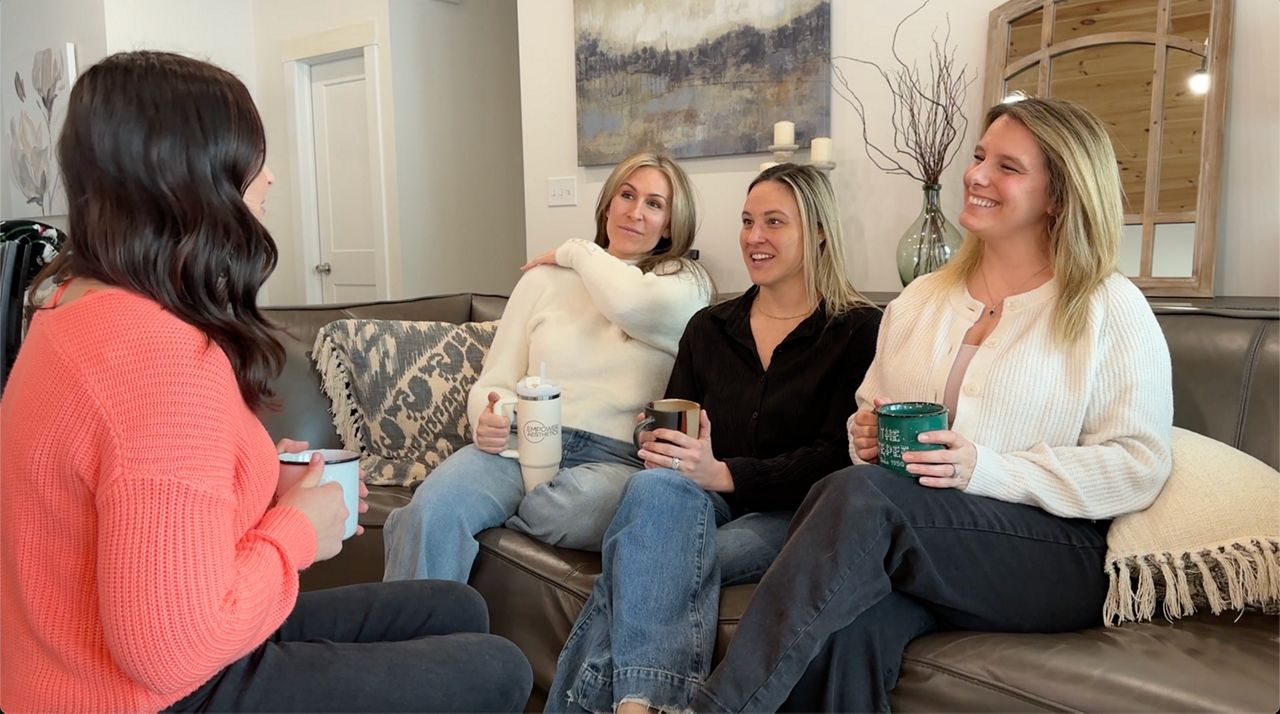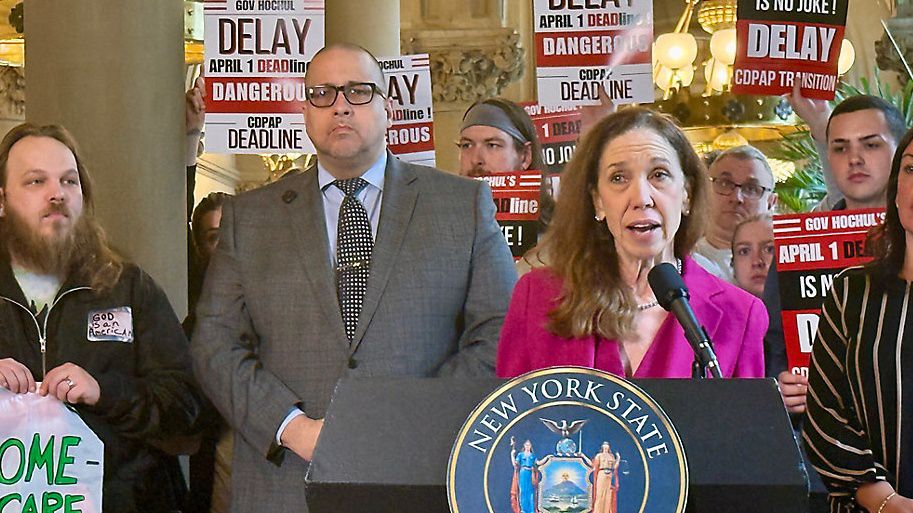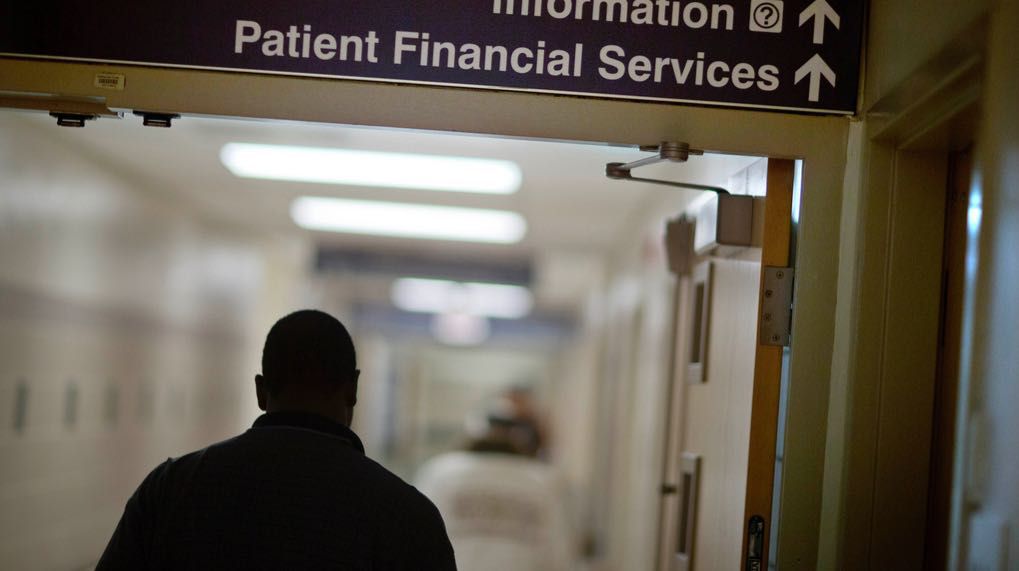Health experts are calling it a crisis.
“People who may not have struggled prior to coming to college may really have a hard time transitioning,” said Elizabeth Byrnes, a junior at Siena College.
College students are struggling to maintain good mental health.
“Some other issues are kind of lingering from the pandemic still,” Byrnes said. “I think there is a lot of social anxiety surrounding interacting with faculty, staff and other peers.”
Last year, Byrnes founded Active Minds.
“There was really a need for it on our campus,” she said. “We were in a very vulnerable state.”
It’s part of a national nonprofit organization dedicated to raising mental health awareness and education for young adults.
“I thought students deserved a place to voice what they wanted and needed,” she said.
Byrnes represented the group during a mental health summit held on campus Friday.
“As mental health advocates, we want to understand the problem better,” said Mental Health Association in New York State Director of Public Policy John Richter.
MHANYS convened with experts, college associations from across the state and mental health advocates to highlight the most pressing issues.
“Sixty percent of college student now meet the criteria for one or more mental illnesses,” Richter said.
According to the organization, depression among young people increased by 135% between 2013 and last year, and anxiety increased by about 110%.
“There is less stigma about it,” Richter said. “People are talking more openly about it. People are more willing to go get help.”
The summit was a chance for stakeholders from various walks of life to connect and determine the best course of action moving forward.
“We may work on legislation together that we see eye to eye on because we understand each other better,” Richter said.
Byrnes described it as proud moment, having it happen on her campus and giving her a chance to highlight the success of Active Minds.
“We have about 270 students on the email list currently,” she said. “Lots of students interested in getting involved and having these critical conversations. It has altered the campus culture here.”








